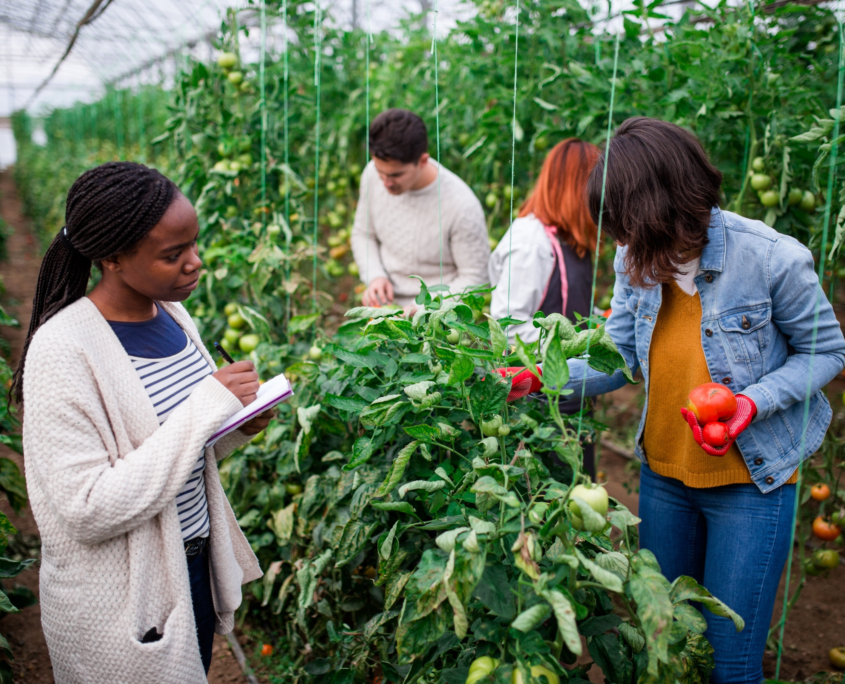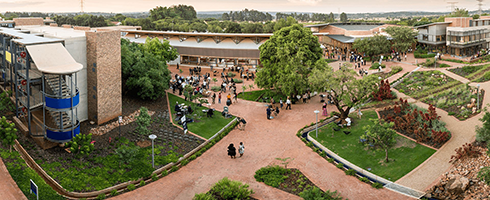You are here: Home1 / Challenge Domains2 / Sustainable Food Systems3 / New generation of scientists needed for Africa’s food systems, says Future A...
New generation of scientists needed for Africa’s food systems, says Future Africa experts
Africa’s food systems are under increasing pressure from climate change, inequality, rapid urbanisation, and environmental degradation. These challenges threaten not only food availability but also nutrition, livelihoods, and sustainability. Meeting them requires more than producing knowledge in isolation, it calls for a new generation of scientists who can work across disciplines, engage with stakeholders, and co-create solutions with society
This is the central message of a commentary published in the South African Journal of Science by Professor Frans Swanepoel, Future Africa Research Chair in Sustainable Food Systems at the University of Pretoria, and Dr Melody Mentz-Coetzee, Senior Research fellow for FSNet-Africa and Visiting fellow at Future Africa. Their reflections, also featured in Universities World News, highlight the Food Systems Research Network for Africa (FSNet-Africa) as a promising model for building such transformative research leadership.
Building transformative leadership
FSNet-Africa supported 20 early-career researchers from 10 universities across six African countries through a two-year fellowship. With African and UK mentors, fellows gained experience in engaged, transdisciplinary research while strengthening competencies in:
- Systems thinking and collaboration
- Gender-responsive and inclusive research
- Science communication and policy engagement
By combining mentorship, experiential learning, and continuous stakeholder engagement, FSNet-Africa has shown how to equip researchers with the skills to make science meaningful and impactful.
From research to real-world solutions
The fellowship has already delivered innovations that address urgent needs on the ground. These include:
- Nutrient-rich foods developed from indigenous crops
- Sustainable animal feed alternatives to reduce reliance on antibiotics
- A mobile app to help farmers improve soil health and manage fertiliser use
Such outcomes show that when science is co-designed with stakeholders, it can produce tools that strengthen food system resilience and support sustainable change.
A model for Africa’s scientific future
Prof Swanepoel and Dr Mentz-Coetzee conclude that FSNet-Africa demonstrates how investment in people and partnerships is as critical as investment in infrastructure. Its principles — mentorship, stakeholder engagement, and policy linkage — offer lessons that extend beyond food systems to other pressing areas such as health, climate change, and biodiversity.
Read the original article published in Universities World News
Read the commentary titled “Developing Africa’s next generation of scientists for sustainable food systems transformation published in the South African Journal of Science






